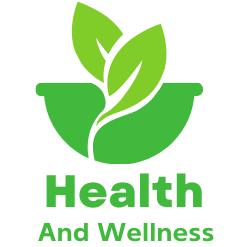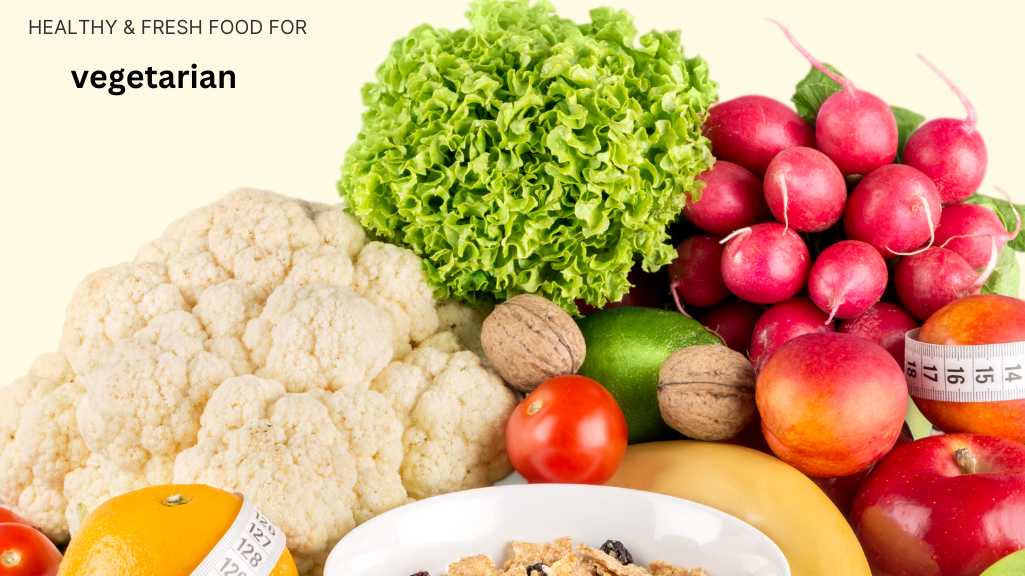Introduction
Do you feel like going vegan but are struggling to find new foods and adjust yourself to the new way of living? Don’t panic; many others also have this problem. In the recent past, people have been turning to veganism at an alarming rate due to the fact that they are health conscious or eat plant-based diets for environmental reasons or moral considerations. Here is a comprehensive guide on how to go about it with effortless vegan recipes that will enable you to transit comfortably as well as tastefully.
Table of Contents
Current Trends in Veganism
The increase in veganism can be attributed to several factors such as enhanced awareness about the health benefits of vegetable-based diets, environmental impact of animal agriculture and concerns about animal welfare. There is also an increasing number of vegans taking part in “Veganuary” where people pledge to follow veganism for January and vegan options are becoming more common in restaurants and grocery stores globally. According to The Vegan Society report released in 2020, the population of vegans quadrupled just within UK between 2014-2019 indicating worldwide shift towards plant-based food consumption.
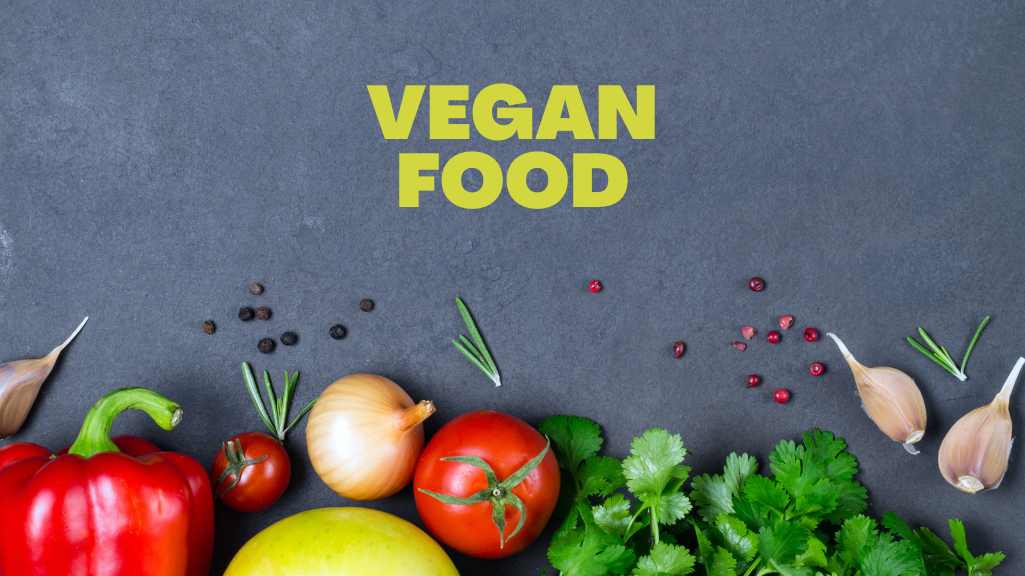
Main Issues Vegan Recipes
Demystification of Veganism
Veganism Defined
A vegan diet avoids animal products and covers all bases, meat, dairy, eggs and honey. The focus is on plant-based nutrition include fruits, vegetables, whole grains, nuts and seeds. This type of nutriment possesses substantial nutrients, fiber as well as antioxidants that contribute to general fitness.
Advantages of Health in a Vegan Recipes
Many studies have pointed out that vegetarian eating can help ward off the likes of heart disease, cancer and diabetes among others. Usually, vegans consume foods low in soaked fats and cholesterol but rich in vitamin C & E, folic acid, dietary fiber, phytochemicals; potassium; magnesium etc.
According to the Academy of Nutrition and Dietetics (2016), appropriately planned vegan diets are healthy for people who are at any stage of their life including pregnant and lactating women, infancy, childhood, adolescence as well as athletes.
General Challenges for Beginners
Nutritional Concerns
One major concern for new vegans is adequate nutritional intake including protein especially Vitamin B12, iron calcium along with omega 3 fatty acids. It’s vital knowing which plant foods can provide these nutritional needs.
- Proteins: These are legumes such as lentils or chickpeas.
- Vitamin B12: Fortified food particularly soymilk or breakfast cereals eaten with a glass of orange juice each day.
- Iron: Lentils instead of meat or beans/legumes.
- Calcium: Broccoli rather than spinach.
- Omega-3 Fatty Acids: Chia seeds usually accompany one’s breakfast cereal hence very useful here.
Smooth Transitioning
People often find shifting towards a vegan diet difficult because it involves numerous changes within their lifestyle. For novices, they either have no idea about suitable alternatives to regular non-vegan habits or they do not know how to go about cooking in a different way. In addition, they may find themselves in social situations that limit their choice of vegan meals.
To ease the changeover, replace some of your regular American dishes with vegan recipes on a step-by-step basis. Discover new ideas for making your popular meals from vegetarian cookbooks and websites. This can be achieved by simply planning and preparing what you intend to eat earlier. It will help you stick to your diet plan.
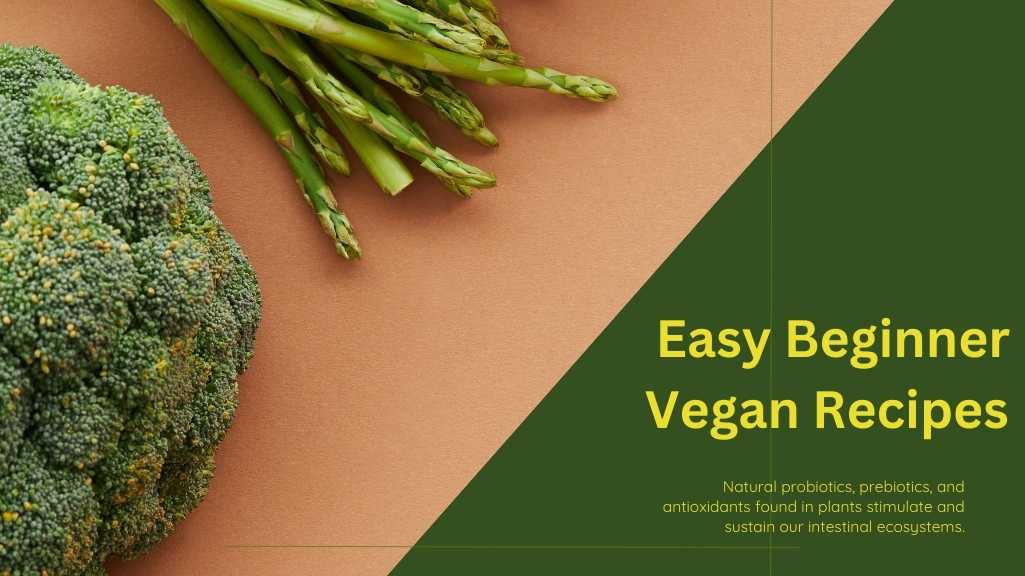
Importance Vegan Recipes
Impacts on Health
Short-term Impacts
Adopting a vegan recipes can lead to immediate positive impacts on your health, such as; better digestion, more energy and losing weight. These effects are often as a result of eating more fiber and antioxidants, reducing saturated fats and avoiding processed foods.
Long-term Impacts
A Vegetarian diet which is followed for the long term will reduce the chance of chronic diseases, improve heart health and better management of diabetes. Vegans may also have a lower body mass index (BMI) and healthier kidneys according to research.
Impact on the Environment
‘Animal agriculture’ leads to deforestation, greenhouse gas emissions as well as water pollution. Recent studies show that accepting veganism is the most effective procedure in reducing your carbon footstep. By avoiding animal products in your meals, you can importantly cut down your carbon print, protect water and lessen the destruction of habitats.
Ethicality Effects
Many people choose vegan lifestyle because of moral apprehensions pertaining to animals’ welfare. Inhumane practices associated with industrial farming such as meat, milk or eggs production are common occurrences worldwide. A vegan choice will help you fight animal cruelty while promoting ethical food production systems.
Strategies or Solutions
Practical Hints for Shifting to a Vegan Diet
Take It Easy
So, it is not necessary to switch immediately from the traditional diet to veganism. You can start by making your meal more plant-based with time. For example, you can change one of your meals daily and slowly increase the number of vegetarian dishes in a week.
Meal Planning for Vegan Recipes
If you don’t want to swerve from a vegan diet, then plan your cooking in boost. Spare some minutes during every weekend so that you judge on what you will be eating across the week and also make sure that you have all the components. You might as well do this ahead of time thereby allowing yourself enough time to stay on track.
Look for Vegan Recipes Alternatives
The biggest challenge faced by new vegans is searching for appropriate substitutes for their favored non-vegan products as per The Spruce Eats. Fortunately, there are many alternatives such as almond milk, coconut yoghurt and soy cheese among others made from plants. Try different replacements until you find those which satisfy your preferences most.
Try Out New Recipes
Introducing new vegan recipes into your diet makes switching over to a vegan lifestyle more interesting. There are countless numbers of vegan cookbooks available at bookshops and online platforms that may help in identifying tasty and healthy foods prepared without any animal products. Start with simple ones before proceeding further towards complex dishes.
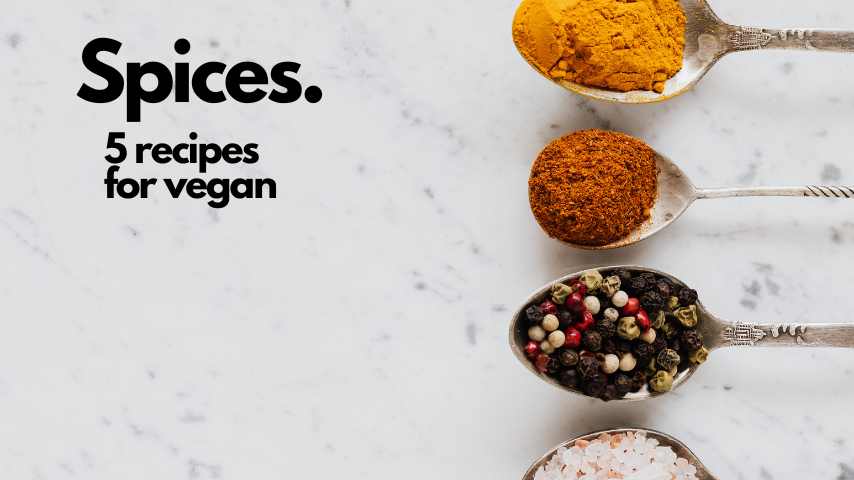
Get Familiarized with The Subject Matter
One has got to learn about vegetative nourishment so as not to be short of essential nutrients in his or her body. Study books, articles or documentaries related to vegan nutrition or even consult a registered dietician where necessary. The more knowledge one acquires on this topic, the stronger he becomes in regard to choosing proper dietary system.
Expert Opinions
Dr Michael Greger who is an RD and an expert in vegetarian nutrition insists on having balanced diet “A good vegan diet is one that contains many whole, unprocessed plant foods. To get all the nutrients your body requires, focus on eating various fruits, vegetables, whole grains and beans.
Case Studies or Real-life Examples
Success Stories
John: From Carnivore to Vegan Advocate
John, 35-year-old programmer, was a passionate meat enthusiast. After watching the documentary titled “Forks Over Knives,” he decided to try veganism for one month. To his astonishment, he lost ten pounds of fats from his body, got reduced cholesterol levels and felt more active than ever before. John has devoted three years to be a vegan now and uses his blog as a means of inspiration.
Emma: Vegan Mom and Chef
When Emma’s youngest child was diagnosed with dairy allergy, this mother of two who is also a professional cook switched over to vegan diet. She started experimenting with vegan recipes and discovered her passion for plant-based cooking. Nowadays Emma runs a successful vegan catering business and offers cooking classes that aid others in making this transition.
Notable Failures
Sarah: Dealing with Nutritional Deficiency
Sarah, an undergraduate student, decided to become a vegetarian without having enough knowledge about nutrition. She used processed food stuffs that were vegan mainly and she didn’t pay attention to what nutrients she took in her body. In consequence, she developed B12 deficiency thus had to reintroduce animal products into her meals on a temporary basis. This incident shows the importance of being knowledgeable about your own health while living off plants alone in order that you maintain balance in what you eat.
Quick and Easy Beginner Vegan Recipes
Vegan Recipes 1: Chickpea Salad Sandwich
Ingredients:
- 1 tin of chickpeas, drained and rinsed.
- 1/4 cup vegan mayo.
- 1 tablespoon mustard Dijon.
- One celery stick, finely chopped.
- One small red onion, finely chopped.
- One tablespoon lemon juice.
- Salt and pepper to taste.
- Whole meal bread.
- Lettuce and tomato slices.
Instructions:
- In a bowl, mash the chickpeas with a fork before almost soft.
- Add vegan mayo, Dijon mustard, celery, red onion, lemon juice salt and pepper Blend well.
- Spread the chickpea mixture on whole meal bread.
- Put on lettuce leaves and tomato slices.
- Serve and enjoy.
Nutritional Information:
- Calories: 350
- Protein: 12g
- Carbohydrates: 45g
- Fat: 12g
- Fiber: 10g
Recipe 2: Quick & Easy Vegan Tacos Ingredients:
Ingredients:
- 1 tablespoon olive oil
- 1 small onion, diced
- 1 can dark beans, spent and flushed
- 2 cloves garlic minced
- 1 bell pepper chopped
- Corn tortillas
- Avocado, Salsa, Lime wedges for serving
- 1 teaspoon ground cumin
- 1 teaspoon chili powder
- Salt or pepper to taste
- Corn tortillas
Instructions:
- Heat olive oil in large frypan over medium heat.
- Add onion and garlic, brown until aromatic
- Add bell pepper black beans corn cumin chili powder salt/pepper cook until heated through.
- Warm corn tortillas in separate skillet.
- Fill tacos with the black bean blend.
- Top with avocado salsa lime wedges.
- Help & enjoy.
Nutritional Information:
- Calories: 250
- Protein: 8g
- Carbohydrates: 40g
- Fat:10
- Fiber:8
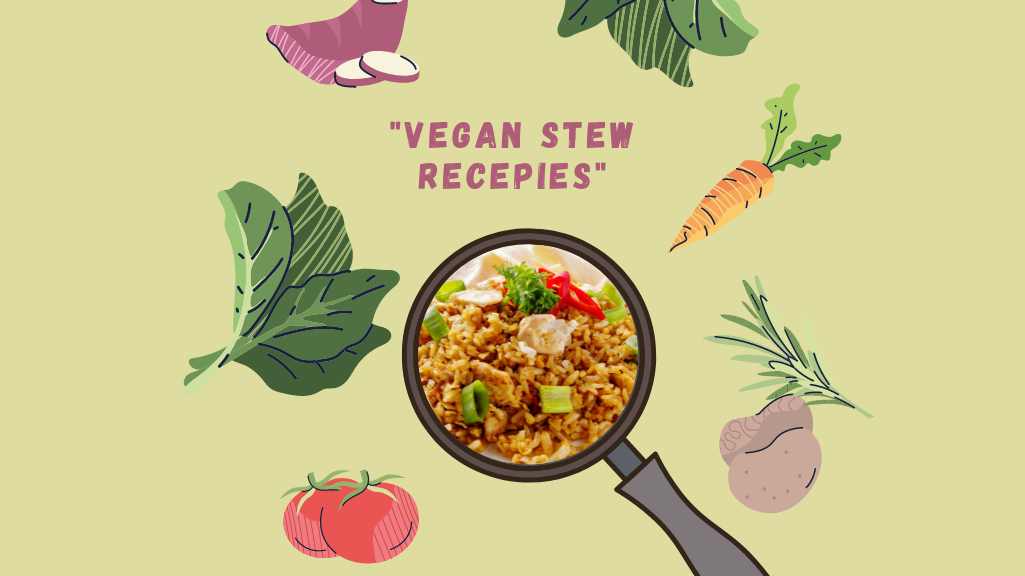
Vegan Recipes 3: Banana Pancakes Ingredients:
Ingredients:
- 1 cup flour
- 1 Tablespoon sugar
- 1/2 teaspoon salt
- 1 cup almond milk
- 1 tablespoon apple cider vinegar
- 2 teaspoons baking powder
- 1 ripe banana, mashed
- 1 teaspoon vanilla extract
- Maple syrup and Fresh fruit
Ingredients Instructions
- Combine flour, sugar, baking powder, and salt in a large mixing bowl.
- Whisk almond milk and apple cider vinegar together in another bowl; let stand for several minutes to sour.
- Mix banana and vanilla extract into the almond milk mixture.
- Pour wet ingredients into dry ingredients, stirring just until blended.
- Heat a nonstick skillet over medium heat on stove top. Lightly grease with oil.
- Drop 1/4 cup batter per pancake onto hot skillet Cook until bubbles form on top of pancake then flips over and cook until golden brown.
- Add maple syrup & fresh fruit while serving
Nutritional Information:
- Calories: 200
- Protein: 5g
- Carbohydrates: 40g
- Fat: 5g
- Fiber: 4g
vegan Recipes 4: Lentil Curry Ingredients:
- 1 tablespoon coconut oil
- One onion, chopped
- 2 garlic cloves minced
- One tablespoon ginger, mince;
- 1 tablespoon curry powder
- 1 teaspoon ground turmeric
- 1 teaspoon ground cumin
- 1 can diced tomatoes
- 1 can coconut milk
- 1 cup red lentils
- 2 cups vegetable broth
- Salt or pepper to taste
- Fresh cilantro for garnish
Instructions:
- In a large pot, heat up coconut oil over medium heat.
- Add onion garlic ginger Brown till when the onion is plain.
- Add curry powder turmeric cumin Cook for one to two minutes.
- Add tomatoes beans coconut milk vegetable broth Bring it to boil.
- Reduce heat and simmer for about twenty minutes.
- Period with salt and pepper.
- Garnish with fresh cilantro Serve near rice or naan bread.
Nutritional Information:
- Calories: 350
- Protein: 15 grams
- Carbohydrates: 50 grams
- Fat: 12 grams
- Fiber: 12 grams
Vegan Recipes 5: Chocolate Avocado Mousse
Ingredients:
- Two ripe avocados
- 1/4 cup cacao powder
- 1/4 cup maple syrup
- One teaspoon vanilla extract
- Pinch of salt
- Fresh berries for garnish.
Instructions:
- Pulp the avocados in a food processor until it becomes soft.
- Mixture in cocoa, syrup, vanilla and salt till well-mixed.
- Divide mousse among serving dishes.
- Refrigerate at least 30 minutes to set.
- Top with fresh berries before serving.
Nutritional Facts:
- Calories = 220
- Protein = Three Grams (3g)
- Carbohydrates = Twenty-Four (24) Grams
- Fat = Fifteen (15) Grams
- Fiber= Seven (7) Grams
Conclusion
Beginning a vegan diet may appear to be overwhelming, but one can find it fulfilling and fun by having the relevant information and tools. This can ease you off an animal-based lifestyle through understanding its advantages, overcoming some of its common challenges, and preparing easy recipes that are tasteful as well. Learn about vegan nutrition; plan your meals properly, or try out new recipes for excitement. Regardless of whether your reason for going vegan is health, environmentalism or morals; this decision will have an enormous effect on your life and the surrounding world. So why don’t you give it a shot?
For more recipes and tips, check out vegan blogs, cookbooks and online resources. Enjoy the journey and savor the delicious flavors and health benefits associated with a plant-based diet.
Call to Action:
Are you ready to board on a vegan travel? Try these recipes provided in this piece and discover other plant-based alternatives. Within your circles share how others could choose healthier food options that are more compassionate. Enjoy cooking.
FAQ
1: What are the health benefits of starting a vegan diet?
Answer:
There are many health advantages to be gained from start vegetarianism, including better digestion, increased energy and weight loss. This is because it has reduced levels of trans fats and cholesterol, higher levels of vitamins, minerals and antioxidants which can lower the risk elements for chronic
diseases such as heart disease, diabetes and cancers. Also, long-term attachment to a vegan diet encourages better cardiovascular health as well as encouraging healthier kidney working.
FAQ 2: How can beginners ensure they get enough protein on a vegan diet?
Answer:
Beginners can ensure that they take enough proteins in their bodies by integrating various plant-based origins of proteins into their meals. Such include legumes, tofu, tempeh, seitan, edamame quinoa and nuts, these foods that when contained in daily meals will help vegans meet their protein needs easily.
FAQ 3: What are some easy vegan recipes for beginners?
Answer:
Some simple vegan recipes for beginners include:
Vegan Chickpea Salad Sandwich: A sandwich made with mashed chickpeas, vegan mayo and fresh veggies.
Easy Vegan Tacos: Black beans filled with corns and spices served with avocado and salsa.
Vegan Banana Pancakes: It’s a delicious breakfast option prepared with flour almond milk and mashed bananas.
Vegan Lentil Curry: A hearty meal made from red lentils coconut milk aromatic spices
Vegan Chocolate Avocado Mousse: A rich dessert prepared using avocados cocoa powder maple syrup
FAQ 4: What are the ordinary challenges for new vegans and how can they beat them?
Answer:
New vegans often face common problems which include but not limited to; making sure that they are eating enough proteins, vitamin B12, iron, calcium and omega-3 fatty acids; finding suitable alternatives for their favorite non-vegan dishes and negotiating social situations whereby vegan options are scarce. Novices can overcome these hurdles by learning about vegan nutrition, planning their meals in advance, substituting some vegan foods for others and incorporating more vegetarian fare into your diet gradually.
FAQ 5: How does a vegan diet impact the environment?
Answer:
A vegan diet has much lower environment impacts compared to a voracious one. People can reduce their carbon footstep, save water and prevent clearing and habitat loss through eliminate animal products. A study publish in the journal “Science” has shown that accepting a vegan diet is the most effective way to reduce one’s environment impact since animal agriculture is among the leading causes of greenhouse gas discharges, water pollution as well as deforestation.
